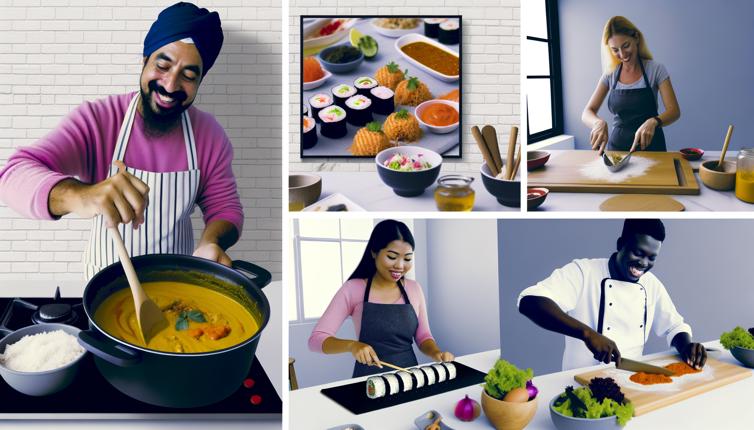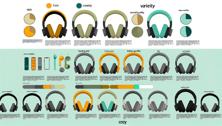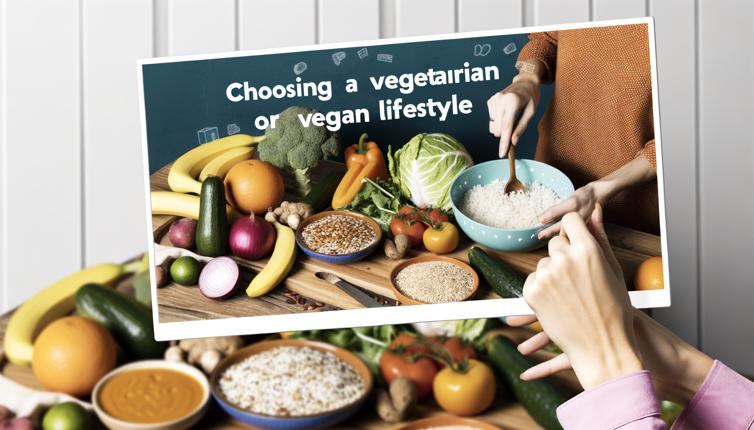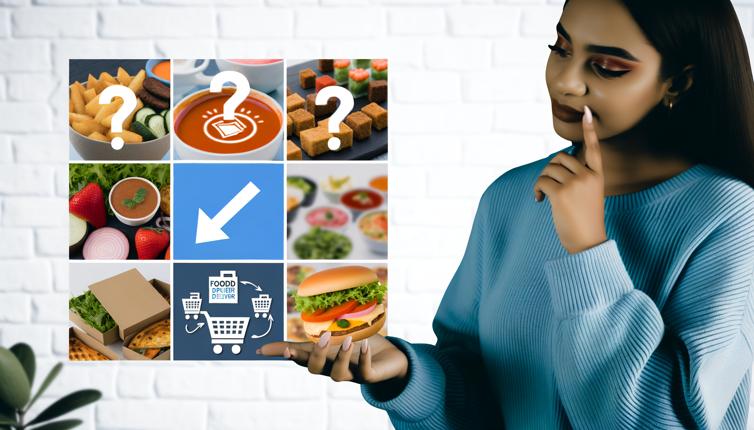1. Cuisine Focus
One factor to consider when choosing a cooking class is the cuisine focus. Some classes specialize in a specific type of cuisine, such as Italian, French, or Asian. If you have a particular interest in a certain cuisine or want to learn how to make specific dishes from a specific region, then a cuisine-focused class might be the perfect choice for you.,On the other hand, if you prefer to have a more general understanding of cooking techniques that can be applied to a variety of cuisines, you may want to look for a class that offers a broader curriculum. These types of classes often cover basic cooking skills and techniques that can be used in any type of cuisine.
2. Skill Level
Another important factor to consider is your skill level. Some cooking classes are designed for beginners and focus on teaching the basics of cooking, while others are geared towards more advanced chefs who want to refine their skills or learn advanced techniques.,If you are a beginner, look for classes that offer a solid foundation in cooking fundamentals, such as knife skills, basic cooking techniques, and recipe comprehension. These classes are typically slower-paced and provide plenty of guidance and hands-on practice.,For more experienced cooks, advanced classes can offer a deeper dive into specific culinary topics, such as pastry making, molecular gastronomy, or advanced culinary techniques. These classes often assume a certain level of culinary knowledge and may move at a faster pace.,It's important to choose a class that aligns with your current skill level to ensure you get the most out of your learning experience.
3. Format and Schedule
Consider the format and schedule of the cooking class. Some classes are offered in-person, allowing for a more hands-on experience with direct interaction with the instructor and fellow students. Others may be online, providing the convenience of learning from home but with less interaction.,Additionally, think about the schedule of the class and whether it fits with your availability. Some classes may be held during the day, while others may offer evening or weekend options. Choose a class that fits into your schedule and allows you to fully commit to the learning experience.,Also, consider the duration of the class. Some cooking classes are one-time workshops, while others may be multi-week courses. Decide how much time you are willing to invest in the class and choose accordingly.
Conclusion
Choosing the right cooking class is all about finding the perfect balance between your interests, skill level, and availability. By considering the cuisine focus, skill level, and format/schedule, you can narrow down the options and find a class that fits your needs and preferences.









